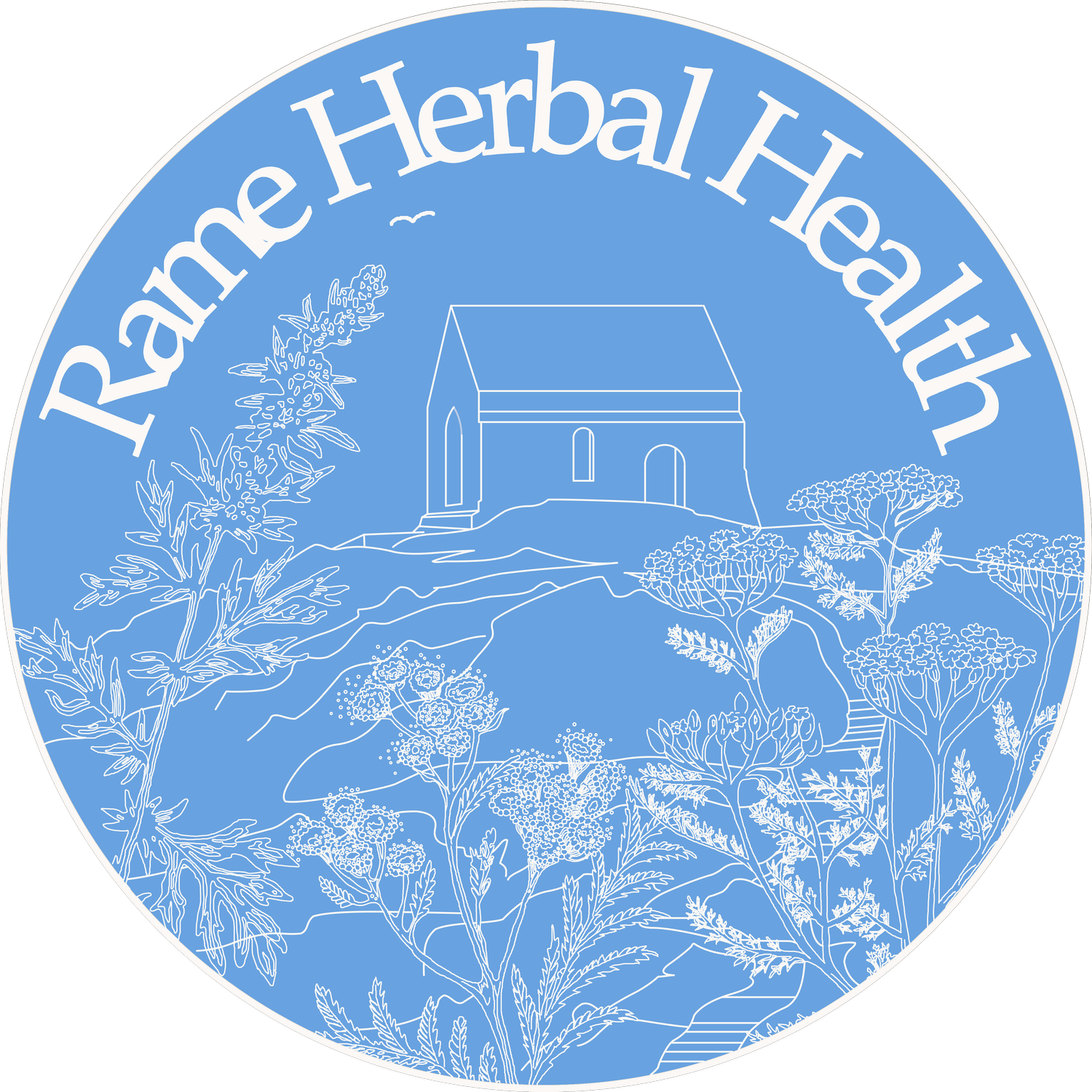Understanding the Immune System: a seasonal invitation to support your health
As the seasons shift and we begin to prepare for colder months, it’s a natural time to reflect on the health of our immune system. This complex network works in the background, protecting us from infections, repairing damage and helping us stay well. And the more we understand how it works, the better we can support it.
When I first began studying the human body, I found visual resources like short YouTube clips, helpful in understanding the complexity of the immune function. How it responds to threats, communicates between cells and builds memory gave me a real appreciation for its intelligence and sensitivity. That understanding continues to shape how I work with herbs, food and lifestyle to support immunity in practice.
What Is the Immune System?
The immune system is our body's defence network, made up of cells, tissues and organs that work together to keep us safe. It includes white blood cells, lymph nodes, the gut microbiome, and even our skin—which acts as our first line of defence. This system identifies and fights off harmful invaders like bacteria, viruses and fungi, clears away damaged cells and keeps inflammation in check.
But like any system, it needs care, nourishment and balance to function at its best.
Why Does It Matter?
A well-functioning immune system helps us recover faster and reduces the severity of infections. It also plays a role in preventing chronic inflammation and autoimmune conditions. When it’s undernourished or overwhelmed, we may experience frequent colds, slow healing, fatigue, or heightened allergic responses.
There’s no single magic bullet, but a combination of food, herbs, and lifestyle choices can make a real difference.
How Can We Support It?
With herbal allies like elderberry, rich in antioxidants and antiviral compounds and echinacea, great at the onset of illness. Astragalus, an adaptogen or a gentle tonic and garlic with antimicrobial and anti-inflammatory actions. They are powerful tools—especially in winter.
Nourishing foods matter too. Think colourful veg like carrots, kale, beetroot, and squash, all rich in vitamins A and C. Fermented foods like sauerkraut, kefir and miso support gut health, which is linked to immunity. Protein and healthy fats help build immune cells and regulate inflammation.
Lifestyle plays a huge role. Aim for 7–9 hours of quality sleep, move your body, manage stress, and stay hydrated. Vitamin D is especially important during darker months, low levels are linked to increased susceptibility to infection, so supplementing can help maintain resilience.
Understanding how your immune system works is empowering. It helps you make informed choices, respond to seasonal shifts with confidence and support your body in ways that are both practical and profound.
If you’d like to explore this further, my Winter Resilience Workshop offers a hands-on, heart-led space to learn about herbs, nourishment and seasonal care. Step into winter feeling supported, steady, and well. 💚


